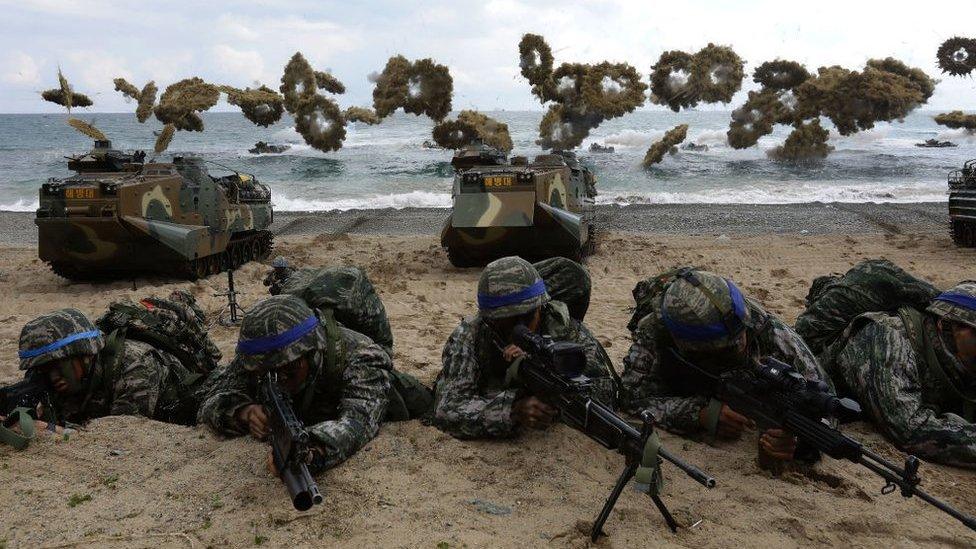North Korea rebuilding Sohae rocket launch site, say observers
- Published
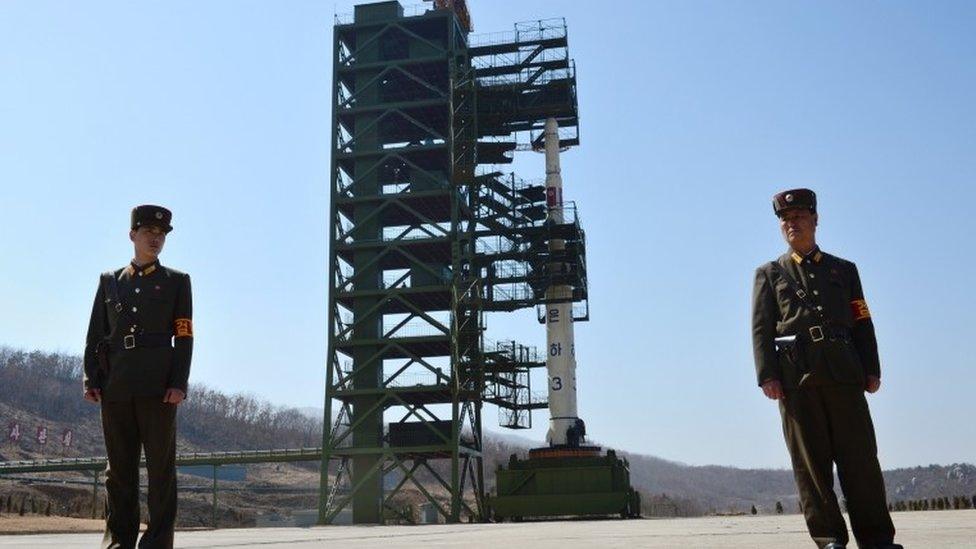
Sohae has been the site of North Korea's controversial satellite launches
New satellite images of North Korea suggest it is restoring a rocket launch site it had pledged to dismantle, say analysts.
The images were taken two days after talks between the leaders of the US and North Korea ended without them reaching a deal on denuclearisation.
The Tongchang-ri site has been used for satellite launches and engine testing, never for ballistic missile launches.
Work to dismantle it began last year but stopped as the US talks stalled.
The pledge to dismantle it had been seen as a confidence-building measure between Pyongyang and Washington.
Meanwhile, the US has warned North Korea could face yet more sanctions should Pyongyang not take steps to denuclearise.

Satellite pictures show the site has been rebuilt
The satellite evidence, coming from several US think tanks and testimony from the South Korean intelligence service, appears to show rapid progress has been made in rebuilding structures on the rocket launch pad at the Sohae site at Tongchang-ri.
Images last July appeared to show the North had begun to dismantle the site.
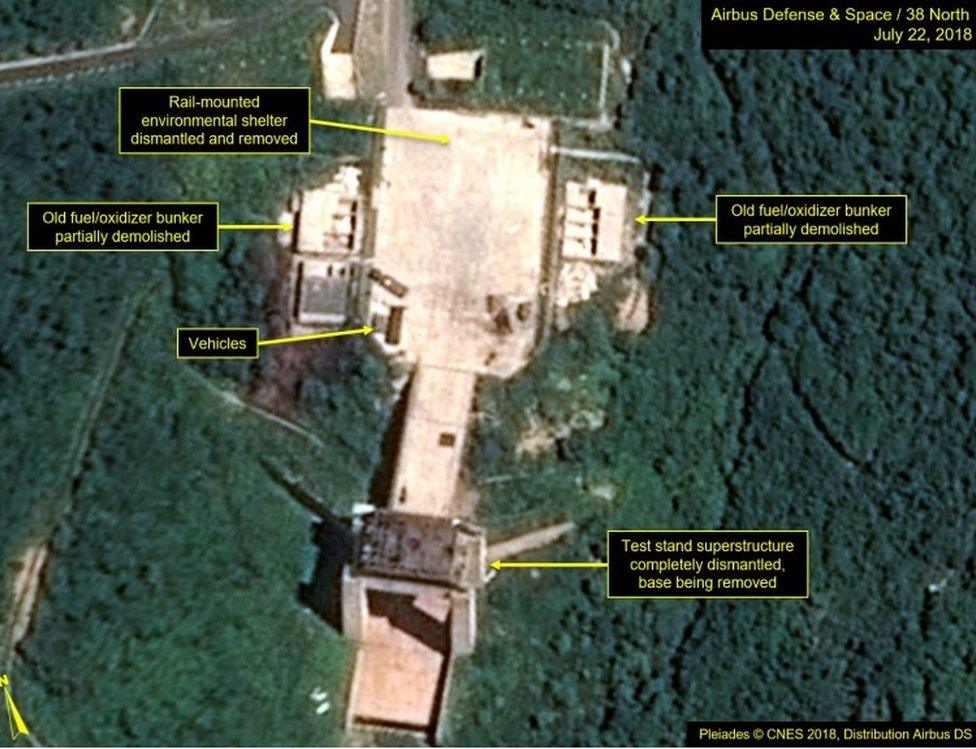
Sohae has been North Korea's main satellite launch facility since 2012. It has also been used for testing engines for missiles capable of reaching the US.
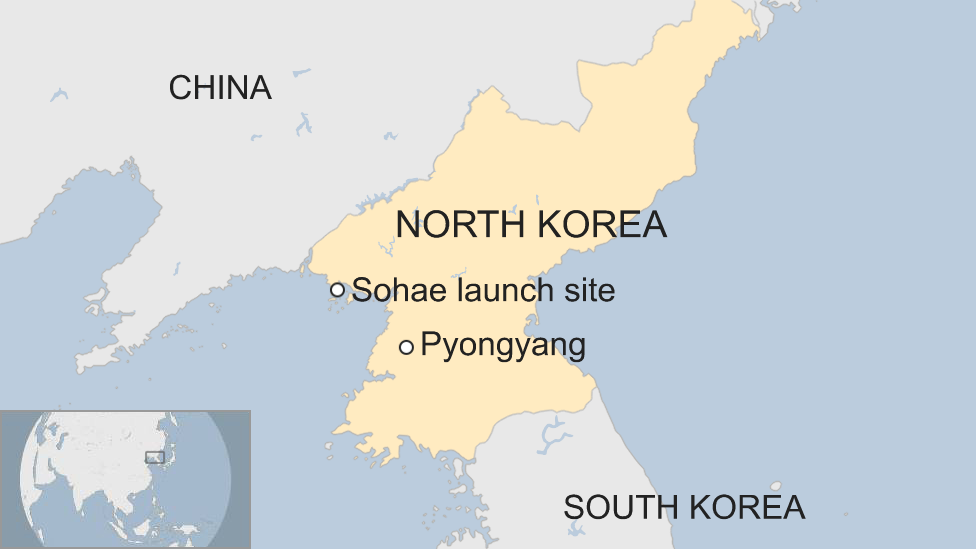
But it has never been used for testing the ballistic missiles which have been considered so provocative.
"This distinction is important," Jenny Town, managing editor of monitoring group 38 North, external, told the BBC.
"The North Koreans likely see the rebuilding not as an active part of their missile programme, but of their civilian space programme - a distinction they have made repeatedly in the past," said Ms Town.
She said the rebuilding of structures at the site could signal a lack of trust in the negotiations process.

Analysis: Kim 'testing Trump's patience'
Laura Bicker, BBC News, Seoul
This is indeed worth watching and the rebuilding work does send a rather ominous signal. But I'm always cautious of extrapolating meaning from satellite images. We cannot make assumptions about what is being discussed in the corridors of power in Pyongyang based on building work at a remote satellite launch station.
This renewed activity may be Pyongyang's way of prodding Washington, just a little reminder to the Trump administration that it has the technology to build weapons and it will not give that up easily.
Most analysts believe it is more likely, at this stage, that Mr Kim is testing Mr Trump's boundaries and patience, rather than getting ready to test a ballistic missile.
If North Korea did go further than rebuilding a rocket test stand, and broke its pledge to stop testing missiles, it would risk the wrath of an unpredictable US president.
The impoverished state could be slapped with even more economic sanctions. Mr Kim has sold these denuclearisation talks at home, and is cultivating his statesman-like image abroad - is he really ready to put that all at risk?

Threats of more sanctions
The second summit between US President Donald Trump and North Korean leader Kim Jong-un ended last week in Hanoi without any deal or agreement. A historic first meeting last June in Singapore produced a vaguely worded agreement on "denuclearisation" but little progress.
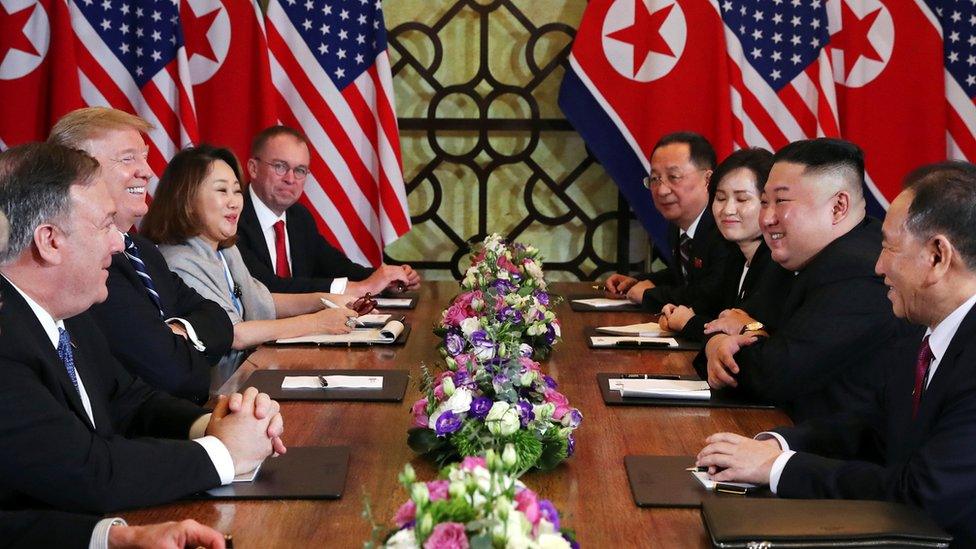
The Hanoi talks were all smiles but little results
The two leaders were unable to agree on how far North Korea should progress with denuclearisation before it was granted some sanctions relief.
In a television interview on Tuesday, US National Security Adviser John Bolton said North Korea could yet face more sanctions.
He said Washington would continue to watch whether Pyongyang was committed to giving up its nuclear weapons programme "and everything associated with it".
"If they're not willing to do it, then I think President Trump has been very clear. They're not going to get relief from the crushing economic sanctions that have been imposed on them and we'll look at ramping those sanctions up in fact."
Observers, though, warn that adding fresh sanctions could completely stall the peace efforts.
"North Korea always reacts to the imposition of more sanctions in the same way: defiantly," Ms Town said.
"Imposing new sanctions now is only going to deflate whatever political will there may be to keep negotiating."
- Published28 February 2019
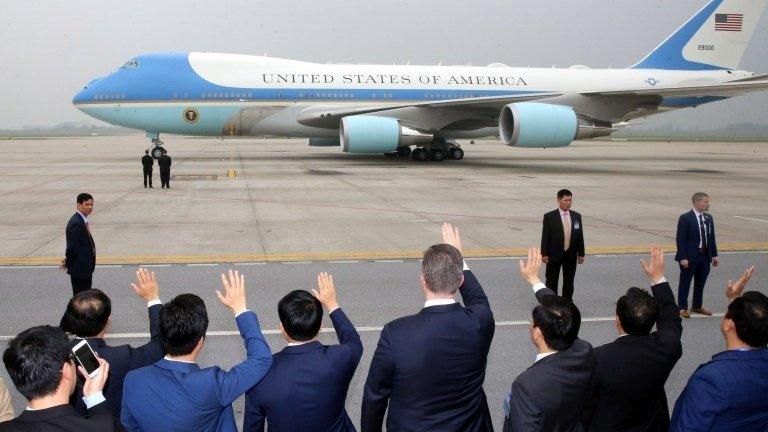
- Published28 February 2019
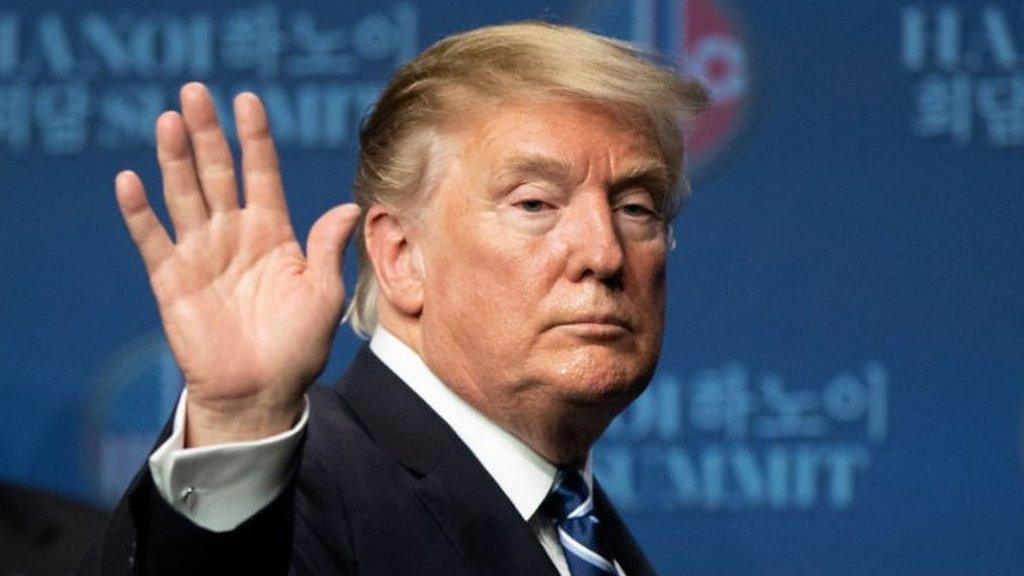
- Published5 September 2023
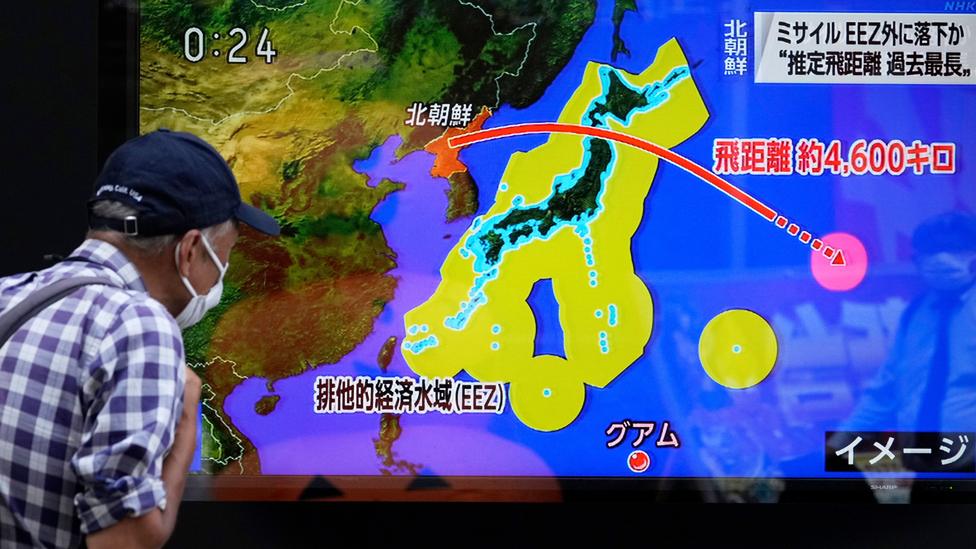
- Published18 February 2019
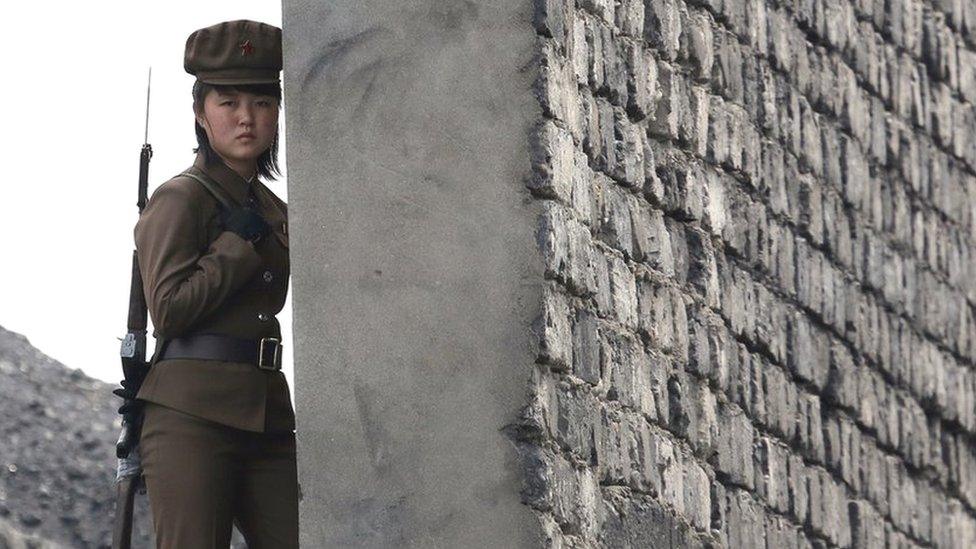
- Published4 March 2019
